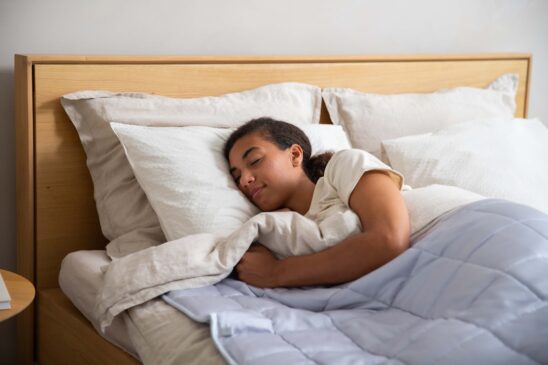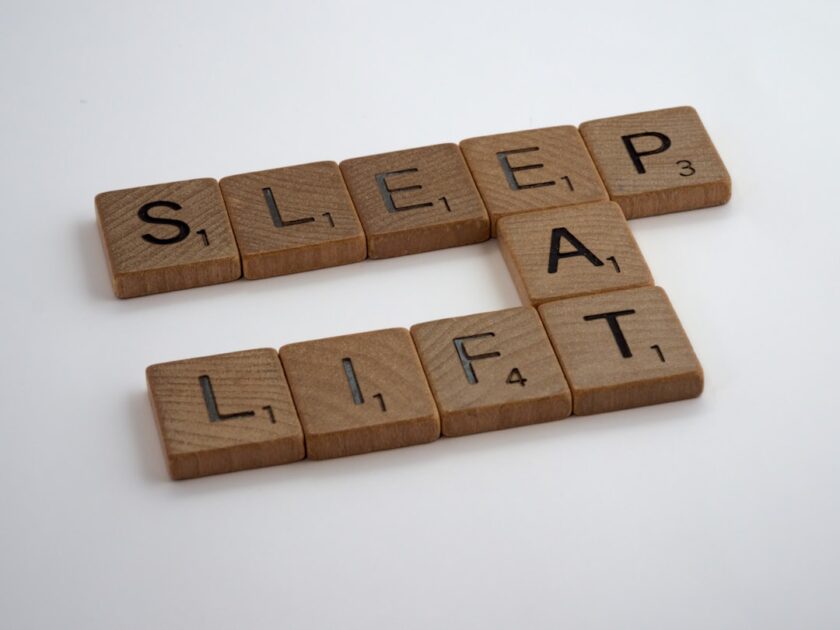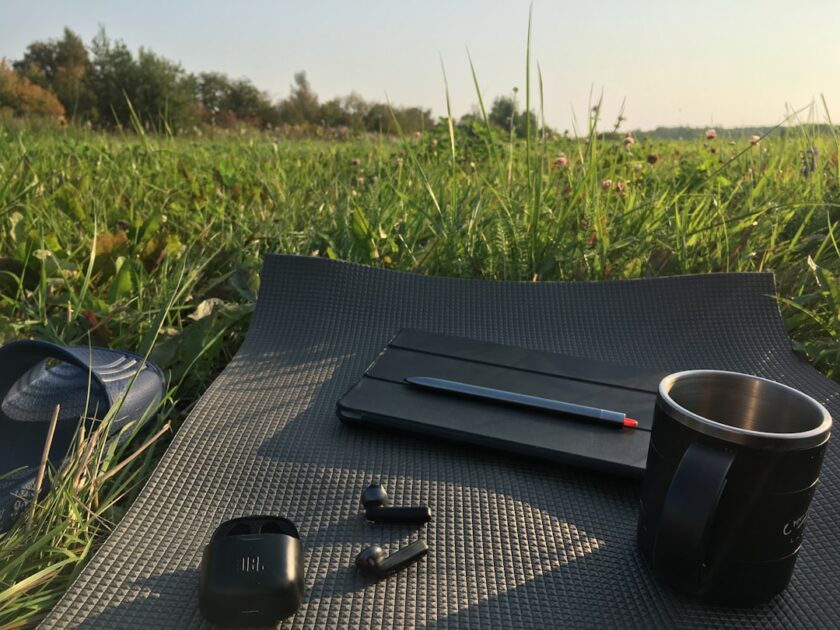Improving Sleep Naturally: Your Ultimate Guide to a Restful Night
In our fast-paced world, achieving restful sleep can often feel elusive. However, improving sleep naturally is not only possible but essential for overall well-being. This comprehensive guide will explore various techniques and lifestyle changes that can help you enhance your sleep quality without relying on medication.
Understanding Sleep
Before diving into natural sleep improvement techniques, it’s important to understand the fundamentals of sleep.
- Sleep Stages: Sleep consists of several stages, including REM (Rapid Eye Movement) and non-REM sleep, each playing a crucial role in recovery and health.
- Sleep Cycle: A typical sleep cycle lasts about 90 minutes and includes several stages. Understanding this can guide your sleep habits.
- Importance of Sleep: Quality sleep supports cognitive function, emotional regulation, and physical health.
Common Sleep Disturbances
Identifying sleep disturbances is essential in addressing your sleep issues. Some common problems include:
- Insomnia
- Sleep apnea
- Restless legs syndrome
- Nightmares
- Chronic pain
- Anxiety and stress
Natural Ways to Improve Sleep
Now, let’s explore various natural methods to help you improve your sleep quality.
1. Establish a Regular Sleep Schedule
Going to bed and waking up at the same time every day can help regulate your body’s internal clock.
- Choose a bedtime that allows for 7-9 hours of sleep.
- Consistently follow this schedule, even on weekends.
2. Create a Relaxing Bedtime Routine
A calming pre-sleep routine can signal your body that it’s time to wind down.
- Taking a warm bath or shower
- Reading a book or listening to soft music
- Practicing relaxation techniques such as meditation or deep breathing
3. Optimize Your Sleep Environment
Your bedroom should be a sanctuary for sleep. Consider the following factors:
- Temperature: Aim to keep your bedroom slightly cooler, around 60-67°F (15-19°C).
- Light: Block out external light with blackout curtains, and reduce blue light exposure in the evening.
- Noise: Use earplugs or a white noise machine if you live in a noisy area.
- Comfort: Invest in a comfortable mattress and pillows that support your sleeping position.
4. Be Mindful of Your Diet
Your food choices can significantly impact sleep quality. Here are some dietary tips:
- Avoid heavy meals: Try not to eat large meals before bedtime to prevent discomfort.
- Limit caffeine and nicotine: These stimulants can interfere with your ability to fall asleep.
- Hydrate smartly: Drink plenty of water during the day, but limit fluids close to bedtime.
- Consider sleep-promoting foods: Incorporate foods rich in magnesium and tryptophan, such as bananas, almonds, and turkey.
5. Regular Exercise
Physical activity can improve sleep quality, but timing is key:
- Try to aim for at least 150 minutes of moderate aerobic exercise per week.
- Engage in exercise earlier in the day, as working out too close to bedtime can have the opposite effect.
6. Mindfulness and Relaxation Techniques
Incorporating mindfulness can help ease anxiety and promote better sleep:
- Meditation: Practice guided meditations focusing on relaxation.
- Deep Breathing: Try techniques such as the 4-7-8 method to calm your mind.
- Yoga: Gentle yoga stretches before bed can release tension.
Natural Sleep Aids
Sometimes, you may need a little extra help. Natural sleep aids that work for some people include:
- Melatonin: This hormone can help regulate sleep cycles.
- Herbal supplements: Chamomile, valerian root, and lavender have sleep-promoting properties.
- Aromatherapy: Essential oils like lavender and cedarwood can create a calming atmosphere.
7. Limit Screen Time Before Bed
Blue light emitted by phones, tablets, and computers can disrupt melatonin production:
- Aim to unplug at least one hour before bedtime.
- Consider using blue light blockers if you must use devices in the evening.
When to Seek Professional Help
While many sleep issues can be managed naturally, some may need professional intervention:
- If you experience chronic insomnia or persistent sleep disturbances.
- If you suspect you have sleep apnea or other serious sleep disorders.
- If lifestyle changes do not lead to improvement.
Conclusion
Improving sleep naturally is achievable with commitment to lifestyle changes and self-care practices. While it may take some time to find the right combination of methods that work for you, the benefits of enhanced sleep quality are well worth the effort. Implement these tips gradually, and soon you’ll be on your way to enjoying more restful nights and vibrant days.
For more tips on wellness and health, explore our resources or contact local sleep specialists who can provide additional guidance tailored to your needs.



